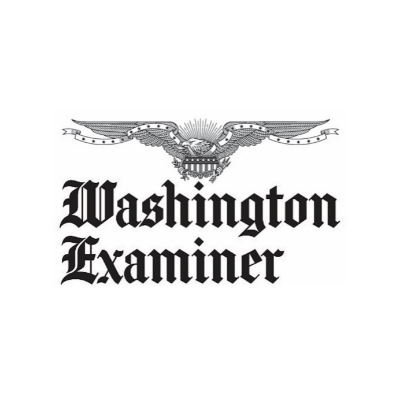 Washington Examiner Article Rating
Washington Examiner Article RatingMifepristone science: What to know about the abortion pill - Washington Examiner
- Bias Rating
-4% Center
- Reliability
85% ReliableGood
- Policy Leaning
-10% Center
- Politician Portrayal
32% Negative
Continue For Free
Create your free account to see the in-depth bias analytics and more.
Continue
Continue
By creating an account, you agree to our Terms and Privacy Policy, and subscribe to email updates. Already a member: Log inBias Score Analysis
The A.I. bias rating includes policy and politician portrayal leanings based on the author’s tone found in the article using machine learning. Bias scores are on a scale of -100% to 100% with higher negative scores being more liberal and higher positive scores being more conservative, and 0% being neutral.
Sentiments
25% Positive
- Liberal
- Conservative
| Sentence | Sentiment | Bias |
|---|---|---|
Unlock this feature by upgrading to the Pro plan. | ||
Reliability Score Analysis
Policy Leaning Analysis
Politician Portrayal Analysis
Bias Meter
Extremely
Liberal
Very
Liberal
Moderately
Liberal
Somewhat Liberal
Center
Somewhat Conservative
Moderately
Conservative
Very
Conservative
Extremely
Conservative
-100%
Liberal
100%
Conservative

Contributing sentiments towards policy:
57% : The FDA's warning label on mifepristone estimates that between 2.9% and 4.6% of self-managed abortion patients will seek emergency medical treatment due to complications, including severe and sustained bleeding or potentially fatal infections.52% : With nearly 643,000 medication abortions in 2023, that's approximately 20,000 emergency visits for self-managed abortion patients.
43% : Using data from states that cover abortion through Medicaid, the studies found that a patient was 22% more likely to visit the ER for any reason after a chemical abortion compared to a surgical procedure.
42% : Two papers written by James Studnicki and colleagues affiliated with the American Association of Pro-Life Obstetricians and Gynecologists were retracted in February by Sage Journals, a major academic publishing house.
22% : Mifepristone was entirely banned in the United States from 1989 until 1993, when then-President Bill Clinton ordered the Department of Health and Human Services to begin investigations into the drug's safety and efficacy for medication abortions in early pregnancy.
*Our bias meter rating uses data science including sentiment analysis, machine learning and our proprietary algorithm for determining biases in news articles. Bias scores are on a scale of -100% to 100% with higher negative scores being more liberal and higher positive scores being more conservative, and 0% being neutral. The rating is an independent analysis and is not affiliated nor sponsored by the news source or any other organization.





















